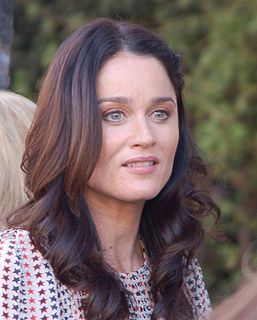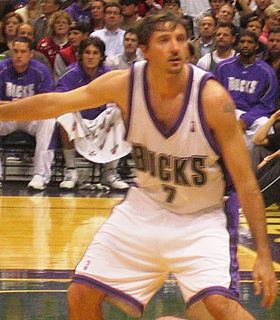A Quote by Brian Eno
You either believe that people respond to authority, or that they respond to kindness and inclusion. I'm obviously in the latter camp. I think that people respond better to reward than punishment.
Related Quotes
If you create something that is asking for people to respond as they're going to respond, you have to allow them to respond as they're going to respond. Some of the people are going to be uninterested and some people are going to be mad for some reason, which is their business. That's just the way the world is.
People have to respond to the characters and respond to the situations that they're in. That said, it still has to be a compelling narrative that drives along and keeps people coming back week after week. So really, with any successful show you could name, there has to be a mysterious blend of both of those.




































